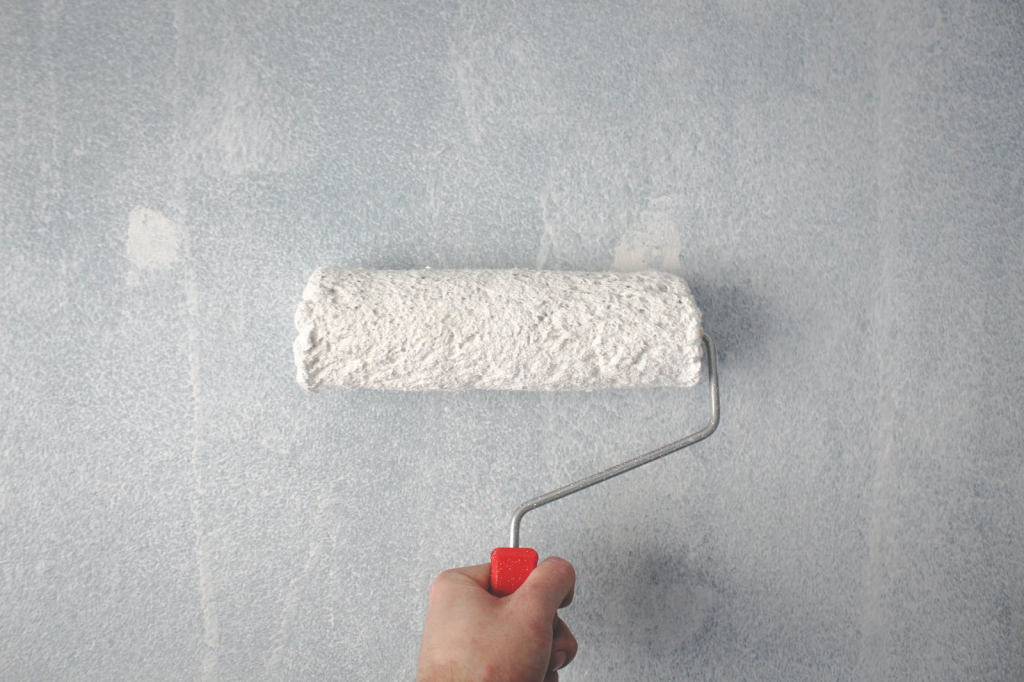
Typically, paint smells can linger for 14 too 24 weeks. However, several factors influence how long the odor lasts. Paint smell is a common outcome of painting. It can be irritating, lengthy, and potentially harmful. What creates the unpleasant smell of paint, and how can you paint safely? Keep reading to learn everything about paint fumes.
How to Get rid of Paint Fumes Faster?
That fresh paint smell, whether you’re updating your kitchen or bedrooms, can be overwhelming. It’s due to VOCs (Volatile Organic Compounds) released from paint ingredients. These VOCs create that distinctive odor. Selecting low-VOC paint reduces this issue, but fumes frequently enough linger. If you’re dealing with paint odor, here’s how to eliminate it effectively.
Open the windows
After painting, always ventilate by opening windows. Using several fans can speed up the removal of fumes and odors. Position the fans centrally within the painted area. Activating the fans will accelerate the paint’s drying process. Note that this method requires disabling your air conditioning.
Use Charcoal
activated charcoal comes in small bags or as a powder. It works excellently to absorb odors. Some experts suggest using heated activated carbon for better porosity.This can also eliminate paint smells.Place the charcoal in a metal pan overnight to remove the paint odor quickly.
Create a Vinegar Spray
Forget the bucket of vinegar for paint fumes. Try a vinegar spray or put bowls of white vinegar in each room. Apple cider vinegar also works well. The acetic acid in vinegar helps neutralize odor-causing chemicals. Regular household vinegar is better than gourmet white vinegar for this.
Sprinkle Baking Soda
It helps soak up paint smells effectively. This is a reliable method for both washing and in the refrigerator.Simply spread baking soda generously across the rooms. After waiting a few hours,you’ll notice the smell has disappeared. However, after removing the strong odors, cleaning with baking soda is still recommended.
Slice Some Onions
Chopping onions releases a potent smell. While sometimes unpleasant, it’s entirely safe. This strong scent can actually neutralize the harsh fumes of fresh paint. Simply slice two medium onions. Place them on a plate in the room. Allow time for the paint smell to dissipate.
Are Paint Fumes Toxic?
yes, paint fumes can be harmful. Many individuals experiance negative reactions like headaches, dizziness, nausea, throat irritation, eye strain, breathing problems, and sneezing. Short-term exposure to paint fumes shouldn’t be perilous. if you’re worried about discomfort, consider water-based paints. They have fewer VOCs and are less likely to cause issues. You could also consult a painter for advice on minimizing health risks. Long-term exposure can lead to serious health conditions, such as asthma. Pregnant women, young children, and seniors are at higher risk of developing health problems from prolonged inhalation of paint fumes.
What is the Impact of Paint Fumes on the Health?
Breathing in too many VOCs can cause short-term health problems. These include headaches, dizziness, a runny nose, and itchy eyes. The american Lung Association notes that some VOCs can harm the nervous system and body. Exposure to certain VOCs in paint during pregnancy may raise the risk of premature birth. this is linked to higher chances of developmental delays or learning disabilities.
Infants and Children
Toddlers are often curious about painting. Though, keep them away from freshly painted spaces for a few days.VOC exposure can worsen allergies, bronchitis, sinusitis, and dermatitis. Harmful fumes are toxic to newborns. They’re linked to a higher cancer risk.
Pregnant Women
One exciting part of preparing for your baby is decorating the nursery. Though, pregnant women might want to reconsider helping with the painting. Inhaling paint fumes during pregnancy, especially in the first three months, could increase the risk of certain birth defects. Harmful VOCs in paint fumes can negatively affect the baby’s brain, ears, face, neck, and reproductive organs.
Animals
Keep pets, especially indoor ones, away from all interior painting. Animals are more sensitive to harmful paint fumes due to their smaller lung capacity. Birds are especially vulnerable to airborne toxins, so keep them out of freshly painted areas.
